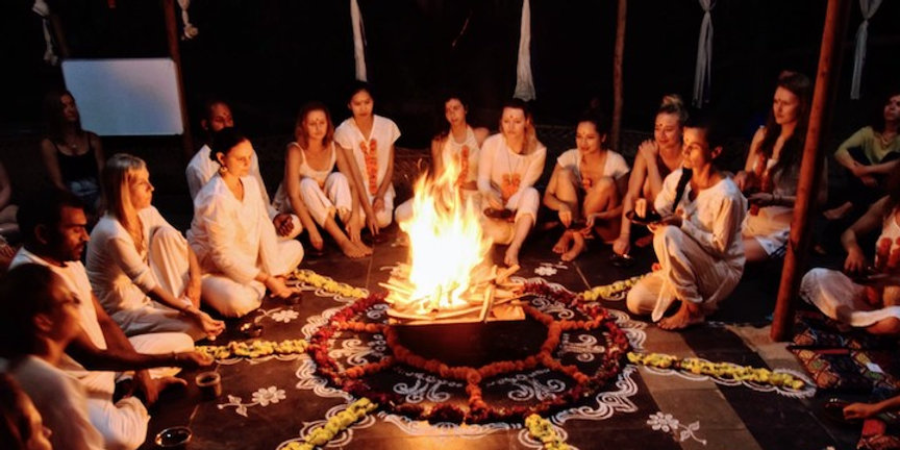

### The Role of Rituals and Ceremonies in Spiritual Practices
Rituals and ceremonies hold a central place in spiritual practices, serving as tangible expressions of intangible beliefs. They bridge the gap between the mundane and the sacred, offering individuals and communities a means to connect with the divine, mark significant life events, and foster a sense of belonging and continuity.
#### Historical and Cultural Significance
Throughout history, rituals and ceremonies have been integral to spiritual practices across cultures. Ancient civilizations, such as the Egyptians and Mayans, performed elaborate rituals to honor their gods and ensure harmony with the cosmos. In contemporary societies, rituals continue to play a vital role in religious traditions like Christianity, Islam, Hinduism, and indigenous spiritual practices.
#### Personal Connection and Transformation
On a personal level, rituals and ceremonies provide a structured way for individuals to express their spirituality, seek guidance, and find meaning. Practices such as meditation, prayer, and fasting are common rituals that help individuals connect with their inner selves and the divine. These activities often lead to personal transformation, offering moments of reflection, clarity, and emotional release.
For example, meditation rituals in Buddhism focus on mindfulness and achieving a state of enlightenment, while Christian rituals such as baptism symbolize purification and rebirth. These practices offer a way to mark important transitions in an individual's spiritual journey.
#### Community and Social Cohesion
Rituals and ceremonies also foster a sense of community and social cohesion. Group activities like communal prayers, religious festivals, and rites of passage bring people together, reinforcing shared beliefs and values. These events create a collective identity and strengthen the bonds within a community.
In Hinduism, festivals like Diwali and Holi are celebrated with great enthusiasm, involving elaborate rituals that reinforce cultural and spiritual values. Similarly, in indigenous cultures, ceremonies such as sweat lodges and vision quests are communal events that connect individuals to their heritage and collective wisdom.
#### Symbolism and Meaning
The symbolism inherent in rituals and ceremonies adds layers of meaning to spiritual practices. Symbols, gestures, and sacred objects used in rituals convey deeper truths and spiritual insights. For instance, the lighting of candles in various religious ceremonies symbolizes the presence of the divine and the dispelling of darkness.
Rituals often involve the use of sacred texts, chants, and music, which elevate the spiritual experience and connect participants to a larger cosmic order. The repetition of these elements instills a sense of continuity and timelessness, linking the present with the past and future.
#### Conclusion
Rituals and ceremonies are fundamental to spiritual practices, offering a way to express beliefs, connect with the divine, and foster community. They provide structure, meaning, and a sense of continuity in an ever-changing world. By engaging in these practices, individuals and communities affirm their spiritual identities and navigate the complexities of life with a deeper sense of purpose and connection.


